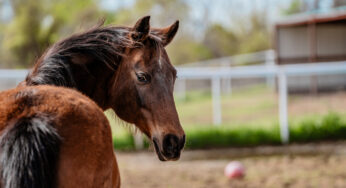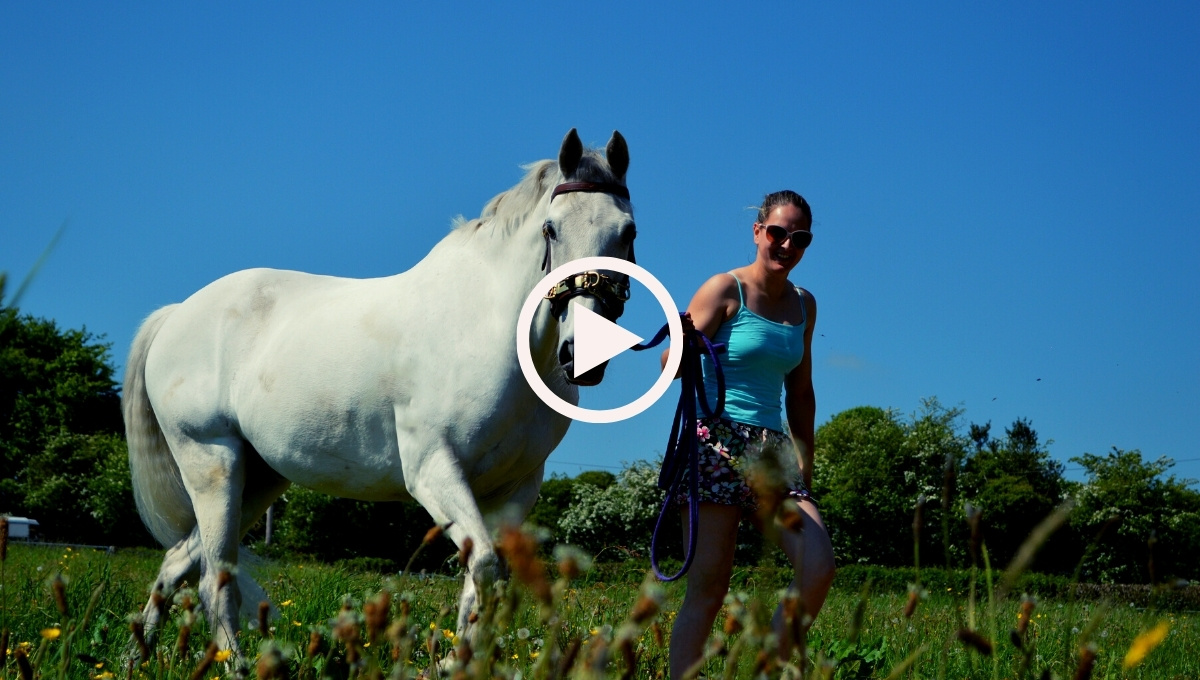How to Feed Horses in Winter: A Comprehensive Guide

Feeding horses during the winter months requires special attention to ensure they maintain their health, energy, and body condition despite the cold weather. This guide covers everything you need to know about winter horse nutrition, including dietary adjustments, feeding schedules, and common challenges.
Why Winter Feeding is Different

In winter, horses expend more energy to keep warm, which means their nutritional needs increase. Additionally, pasture grass is often scarce or of lower quality, so supplemental feeding becomes essential.
Key Components of a Winter Diet
| Nutrient | Importance | Sources |
|---|---|---|
| Forage | Provides fiber and energy | Hay (timothy, alfalfa, orchard) |
| Concentrates | Supplies extra calories and nutrients | Grains, pelleted feeds |
| Water | Prevents dehydration, aids digestion | Fresh, unfrozen water |
| Minerals & Vitamins | Supports overall health and immune function | Salt blocks, supplements |
Tips for Feeding Horses in Winter
- Increase Forage Intake: Hay should be the foundation of the diet, as it helps generate internal heat through digestion.
- Monitor Body Condition: Regularly check your horse’s weight and adjust feed accordingly.
- Provide Access to Fresh Water: Use heated buckets or water heaters to prevent freezing.
- Feed Smaller, Frequent Meals: This helps maintain energy levels and digestion.
- Supplement with Fat: Adding oils or rice bran can boost calorie intake without increasing feed volume.
Sample Winter Feeding Schedule
| Time | Feed Type | Notes |
|---|---|---|
| Morning | Hay + Concentrate | Feed after exercise if applicable |
| Midday | Hay | Keeps digestion active |
| Evening | Hay + Supplements | Ensure water is available |
Common Challenges and Solutions
- Frozen Water Sources: Use heated water buckets or break ice regularly.
- Weight Loss: Increase calorie density with fats and concentrates.
- Dental Issues: Check teeth regularly to ensure proper chewing.
Frequently Asked Questions (FAQ)
Q1: How much hay should I feed my horse in winter?
A: Typically, horses need 1.5-2% of their body weight in forage daily, but this can increase in cold weather.
Q2: Can I feed the same grain in winter as in summer?
A: You may need to increase grain or concentrate amounts to meet higher energy demands.
Q3: How do I prevent my horse from drinking less water in winter?
A: Provide warm water and ensure it is always fresh and unfrozen.
Q4: Are supplements necessary during winter?
A: Supplements can help fill nutritional gaps, especially vitamins and minerals.
By following these guidelines, you can ensure your horse stays healthy, warm, and well-nourished throughout the winter months. Proper feeding not only supports their physical health but also their overall well-being and performance.
